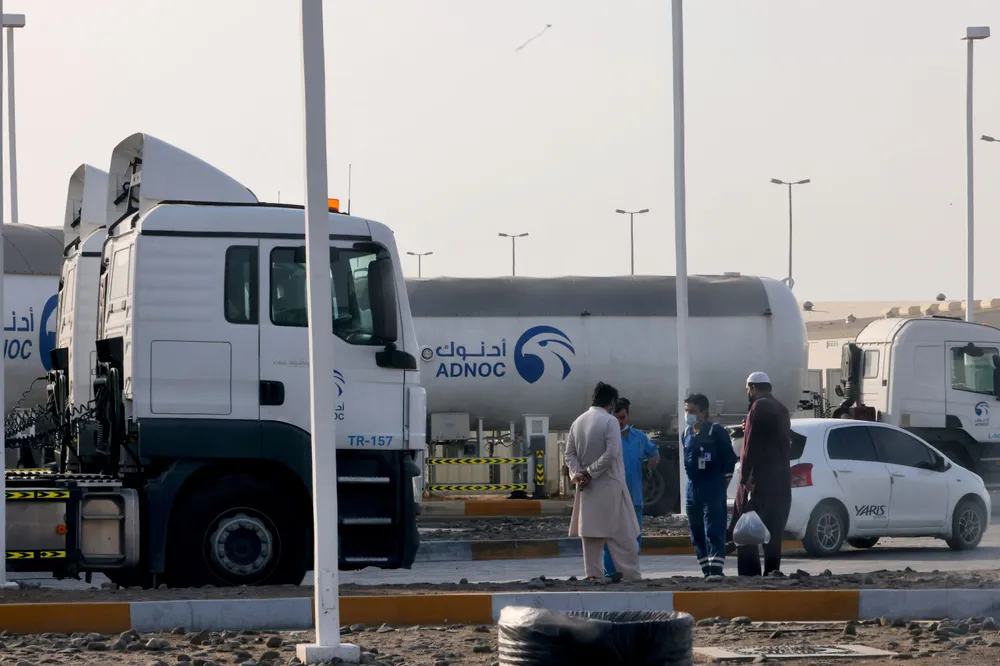Attacks in Abu Dhabi and Turkey give oil market the jitters
The terror attack in Abu Dhabi is likely to escalate the ongoing regional conflict between the Houthi group and a Saudi-led Gulf coalition

The terror attack in Abu Dhabi is likely to escalate the ongoing regional conflict between the Houthi group and a Saudi-led Gulf coalition
